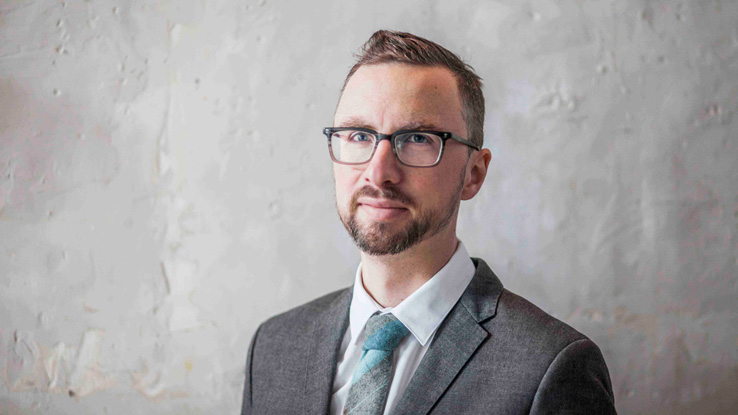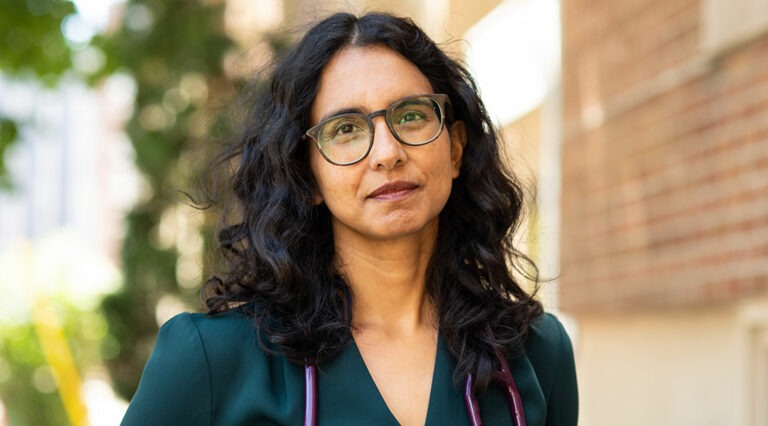From the Global News article:
Dan Werb, executive director of the Centre on Drug Policy Evaluation and scientist at St. Michael’s Hospital in Toronto, said the unregulated drug supply in the illegal market has been getting increasingly more potent and toxic for decades, but the pandemic has made things even worse.
“There were border restrictions and restrictions on movements that affected international drug trafficking and national drug trafficking across Canada,” Werb told Global News. “Every industry has been affected by COVID, and illegal drugs are no different.”
He said deadly amounts of fentanyl, carfentanyl, and even etodesnitazene — a high-potency synthetic opioid — are being found on the streets.“These drugs that are showing up in the drug market are new, but the trends that have led us to seem increasingly potent and toxic chemicals show up in these drug markets [are] not new. This is old. It’s the result of trying to criminalize our way out of the overdose epidemic. And it’s just simply not working.”


